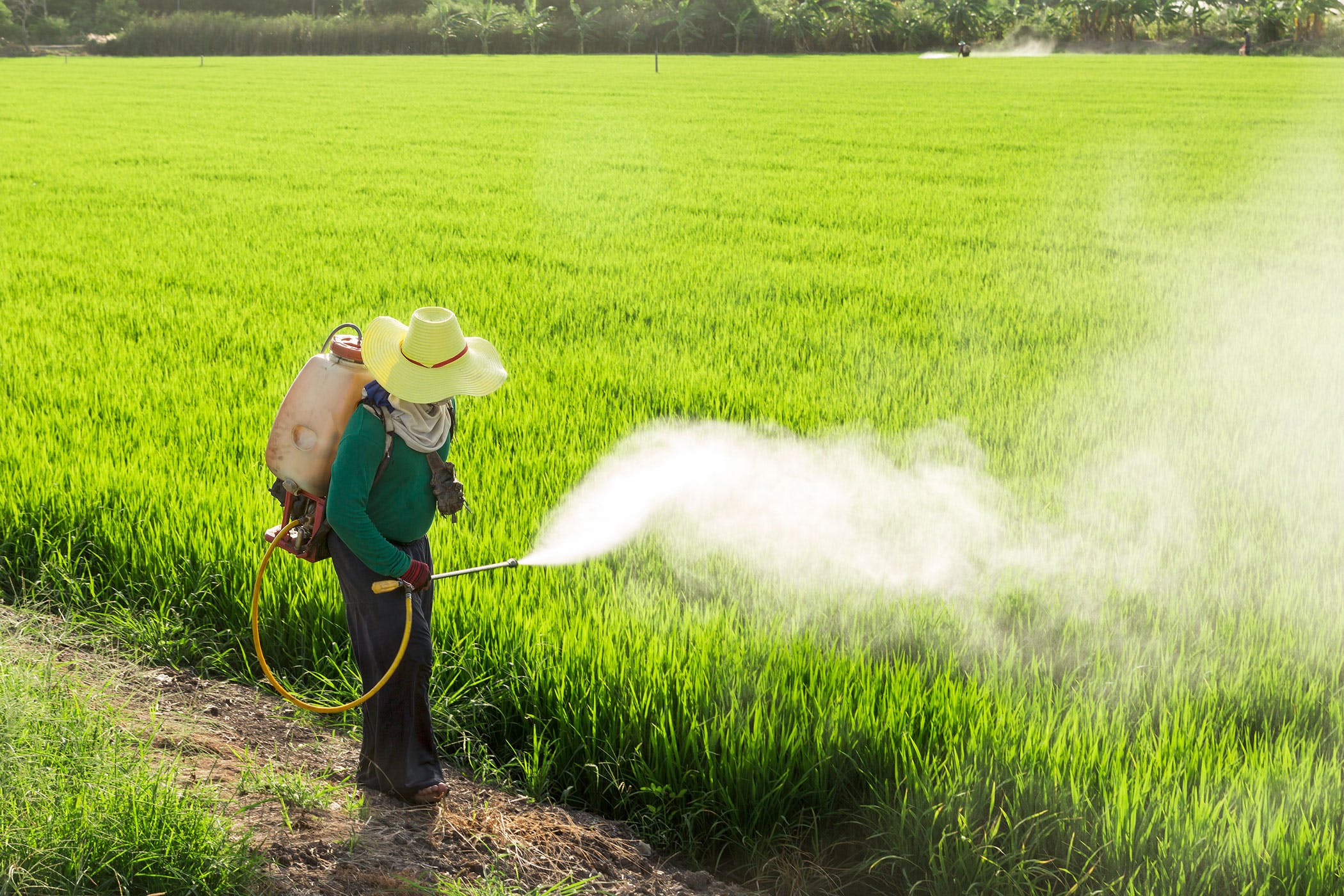
Whether you worked in landscaping for decades or you started a small garden last year, you may be worried about your risk of cancer following exposure to Roundup. The world’s most popular weed killer, Roundup has been making national headlines over recent months after researchers at the Worth Health Organization linked one of its primary ingredients, glyphosate, to non-Hodgkin lymphoma.
Because different studies have come to different conclusions regarding glyphosate’s carcinogenic status, researchers at the University of Washington decided to conduct a meta-analysis on the subject. Their findings indicate that it is, indeed, a probable carcinogen.
Research suggests that applying Roundup more than two days per year may double the risk of developing non-Hodgkin lymphoma. And since studies indicate that it’s not necessarily prolonged exposure that’s most dangerous but, rather, concentrated exposure over just a few days, there’s a broad population of people who might have been affected.
Specifically, the following groups of people might be at a higher risk of suffering the effects of glyphosate exposure in concentrated amounts:
1. Farmers
Farmers who rely on glyphosate to keep weeds at bay may be exposed to the alleged carcinogen on a regular basis. Since the National Wheat Foundation has suggested that Roundup is not harmful when used as directed, many farmers never wore protection when applying the herbicide. The NWF can make this claim because unlike the World Health Organization, America’s own Environmental Protection Agency has not deemed glyphosate a probable carcinogen.
2. Landscapers
Professional landscapers may be exposed to as much, if not more, glyphosate over the course of a single year as farmers. Even during shifts when they’re not spraying the herbicide, they may be exposed to it while tending to manicured lawns, flowers, trees, and shrubbery.
3. Athletes
Athletes who play outside on grassy fields may be exposed to weed killer all season long. As such, both student athletes and professionals who play sports like football, soccer, lacrosse, and golf may have a higher risk of developing cancer linked to glyphosate.
4. Homeowners
If your property doesn’t have much of a lawn or you’re not all that concerned about weeds, applying herbicides may not be a priority. If, on the other hand, you pride yourself in maintaining lush, green grass and you do so with the help of products like Roundup, you may have a slightly higher risk of developing non-Hodgkin lymphoma than the average person.
Call (601) 265-7766 to Discuss Your Case with a Jackson Personal Injury Lawyer
If you or someone in your family is fighting non-Hodgkin lymphoma and you think exposure to glyphosate could be responsible for the diagnosis, turn to Coxwell & Associates. We have won nearly $300 million for our clients in successful settlements and verdicts.
We have the resources of a large practice, yet our team remains committed to providing the personalized, one-on-one attention of a small, local firm. Call (601) 265-7766 or fill out our Contact Form to schedule a case evaluation with a personal injury attorney in Jackson.
Disclaimer: This blog is intended as general information purposes only, and is not a substitute for legal advice. Anyone with a legal problem should consult a lawyer immediately.

